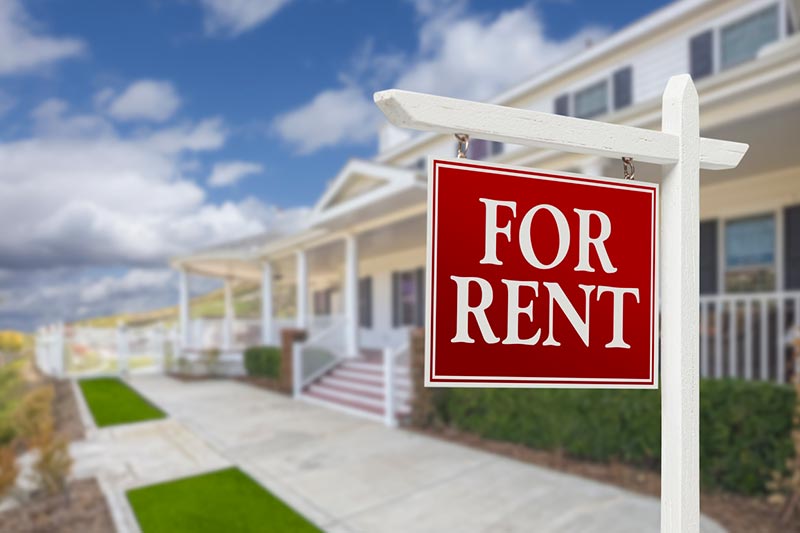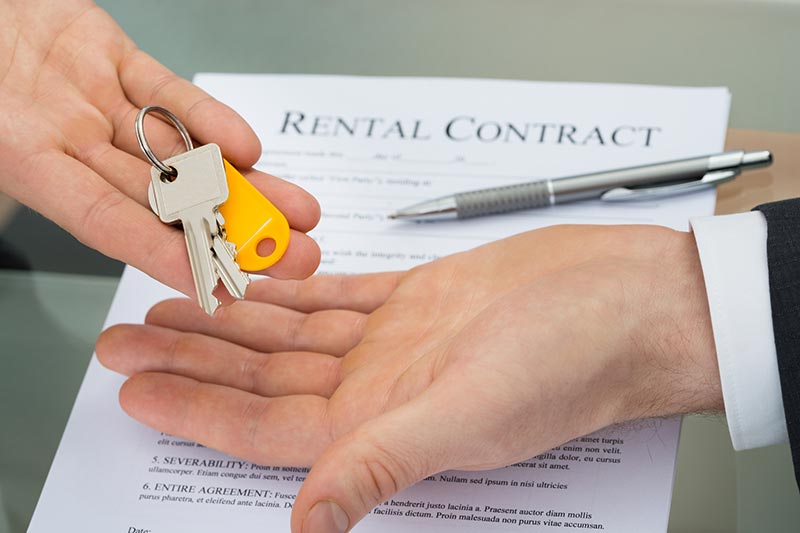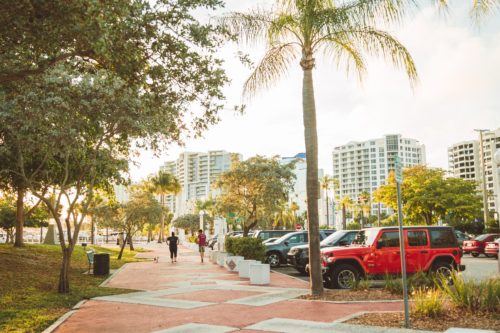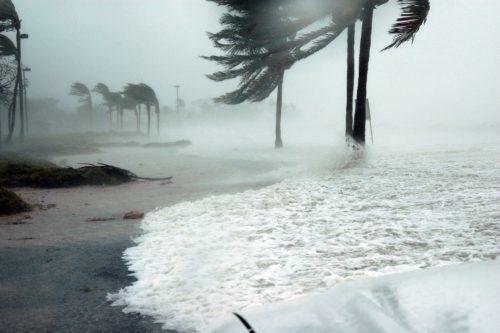Checklist Every Renter Should Use in 2019

Renting a home can be more work than you think. There are many requirements and papers to fill out before you can get ready for the next move. Have a look at our list of things to consider before making the move.
1. Save Money before starting.
Save enough money for first and last months rent; the cost of the application fee; moving expenses; at least two months of expected electricity, sewer, and other monthly costs. Make sure to calculate your living expenses such as food, car and health insurance, car payments, vehicle maintenance, fuel expenses, and any other reoccurring expenses. Also, make sure to build an Emergency Fund.
2. Calculate a realistic budget.
The ideal ratio of rent to income is 25-30% of your monthly income. You need a credit score of 620 or higher (or you may be able to have a Co-Signer sign depending on the community), and you usually have to be 18 years old or older.
3. Research neighborhoods and communities.
Calculate how your commute to work will be, and how far you are capable of making that drive. If you are planning to have roommates, make sure they are credible and learn the community restrictions regarding roommates. Find out about the parking, extra storage space, and having visitors. If you have pets, research how many pets you are allowed and what the additional costs associated with pets are in that community.
4. Fact local businesses important to daily life.
Factor in things such as the closest grocery story, the nearest gas station, the nearest police and fire stations or the nearest hospital, when researching communities and neighborhoods.
5. Check amenities.
Figure out which amenities are most important to you. Such as a resort-style pool, a state-of-the-art fitness center, and a business center.
6. Research the management company.
Research not only the community and neighborhood, but also research the management company’s reputation and how long they have been in charge of that community.
7. Ask about maintenance.
If something in your apartment breaks or malfunctions, how long is a typical maintenance issue fixed. Is there a 24-hour call center for emergencies?
8. Check out the apartments!
Pay close attention to the amount of storage space, the functionality of the floorplan, and the amount of space in the kitchen if you cook at home often.
9. Read all the fine print.
Read all the fine print in the lease and ask questions about the fine print. What happens when the lease terms run out and you need to extend on a month-to-month basis? Landlords will often penalize or increase the rent significantly.
10. Buy Renter’s Insurance.
Be sure to get Renter’s Insurance, even if community or landlord does not require it. Protect yourself! There are many options out there that will cover you without breaking the bank.




